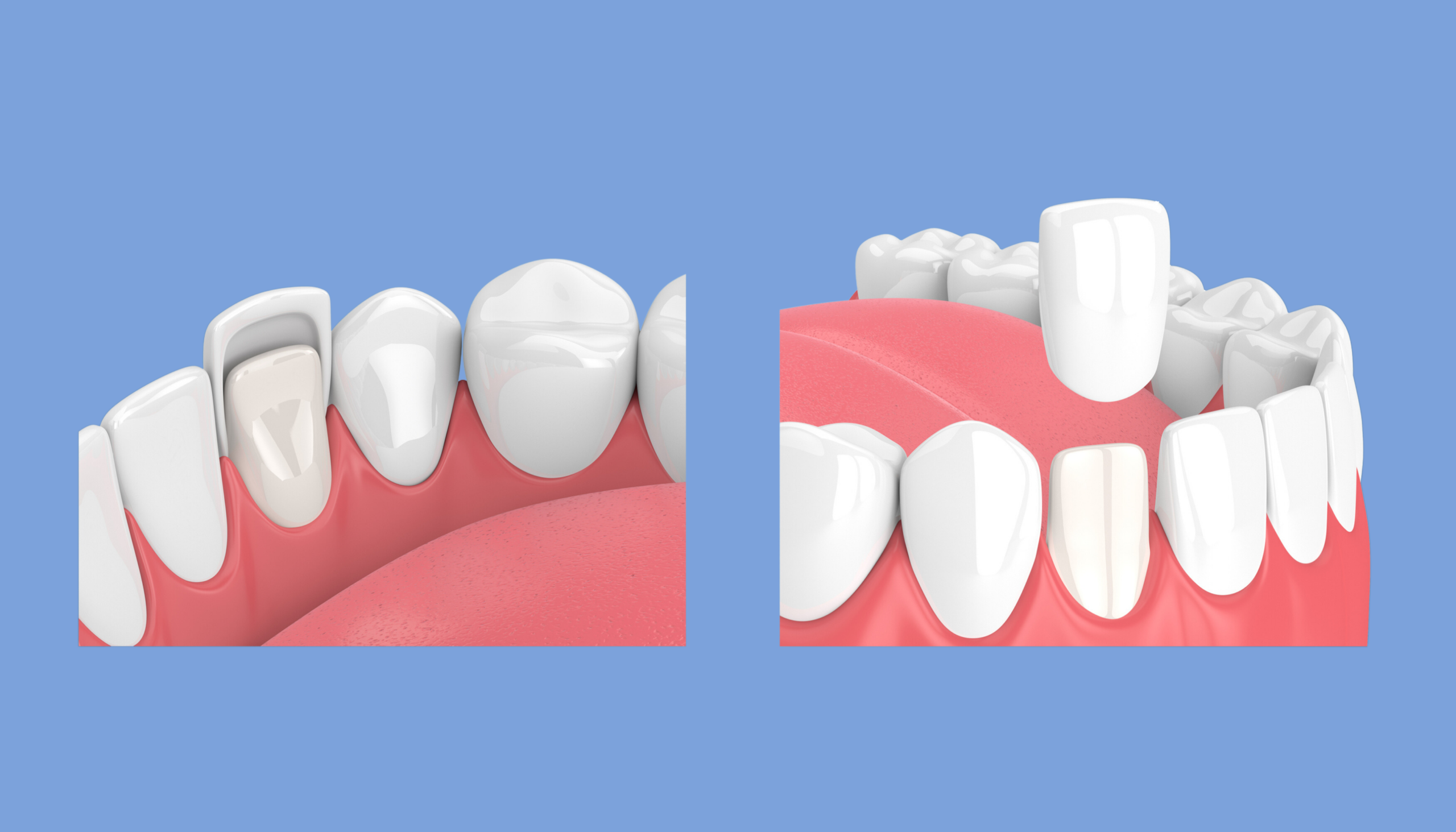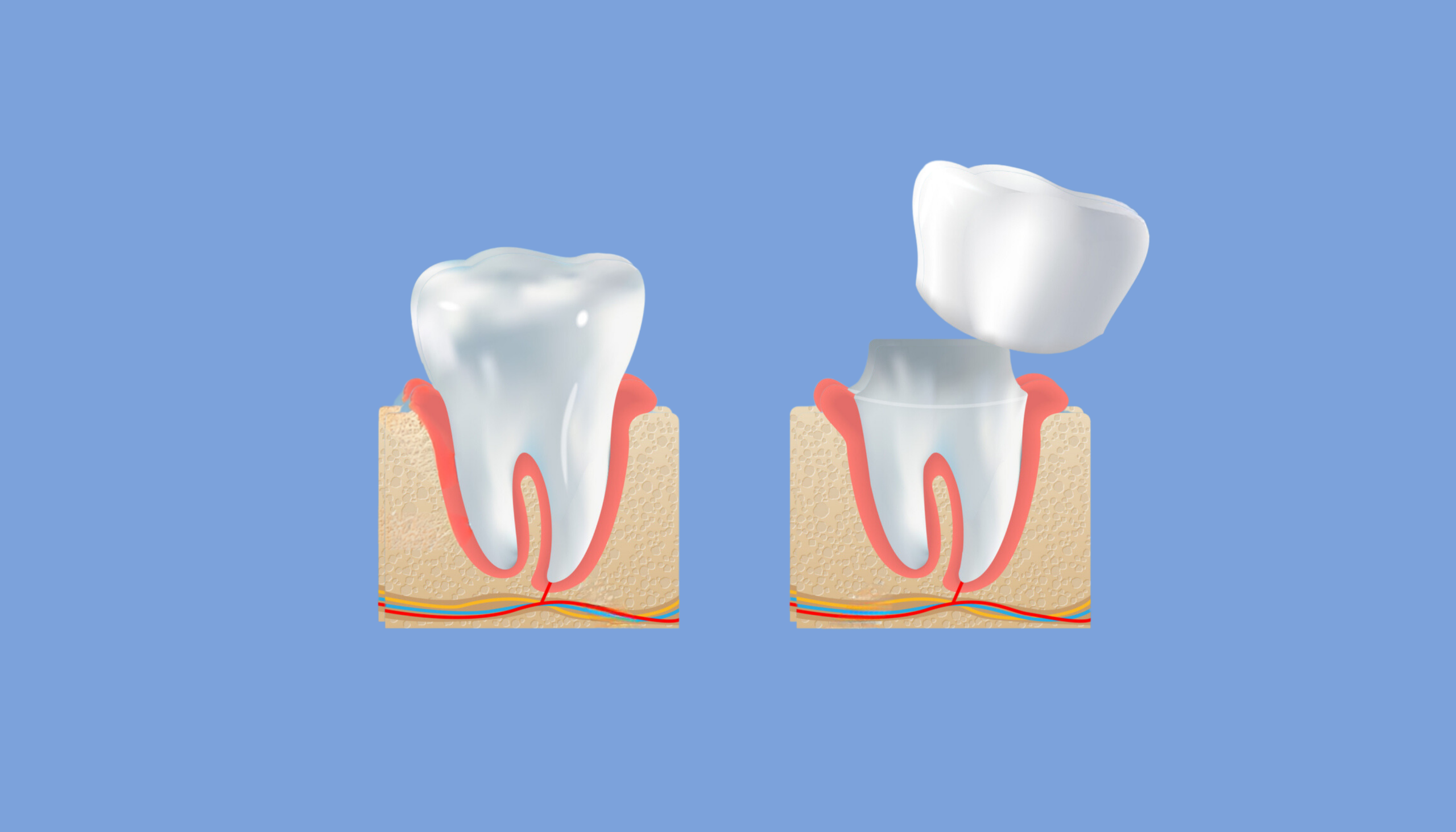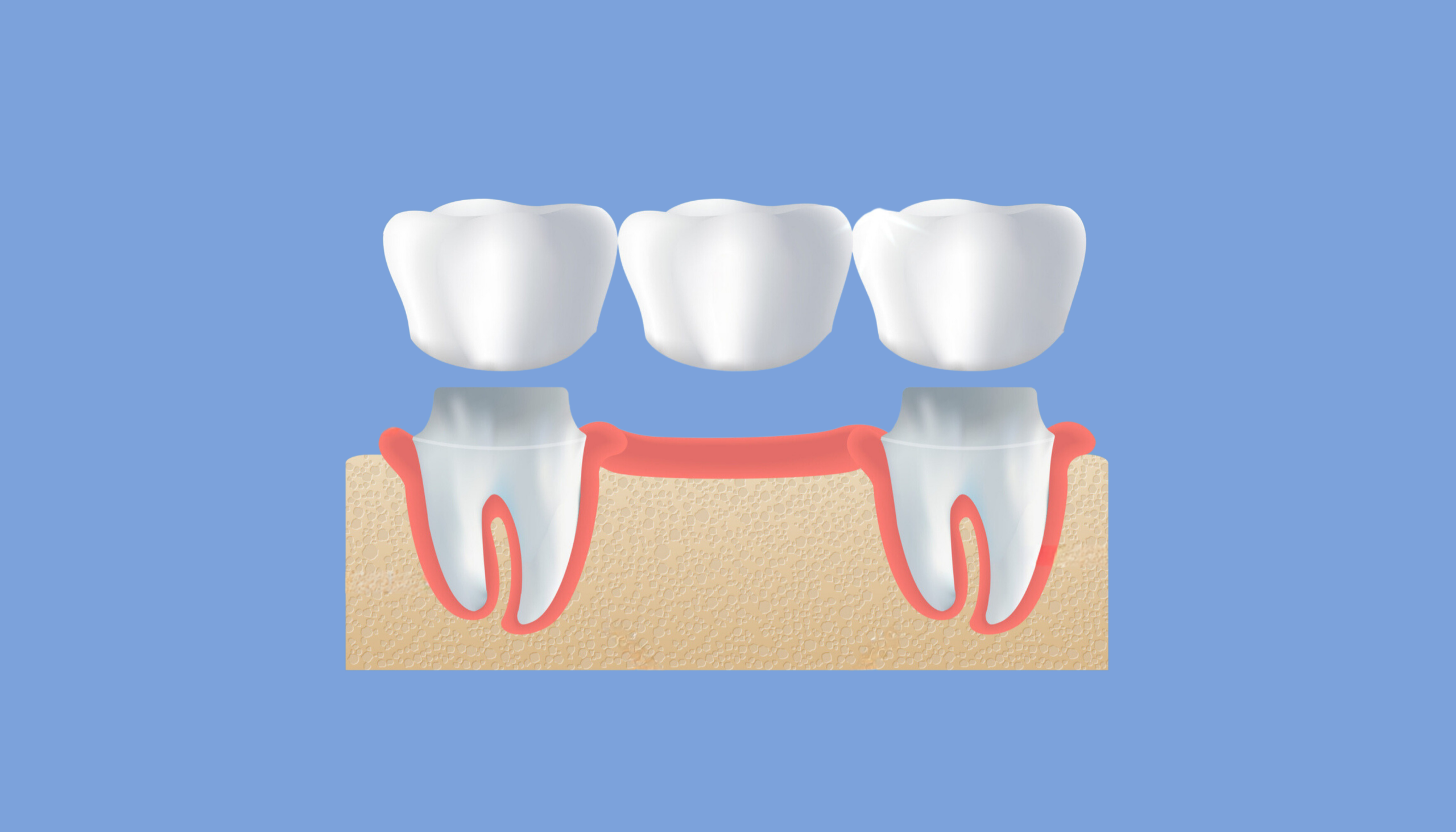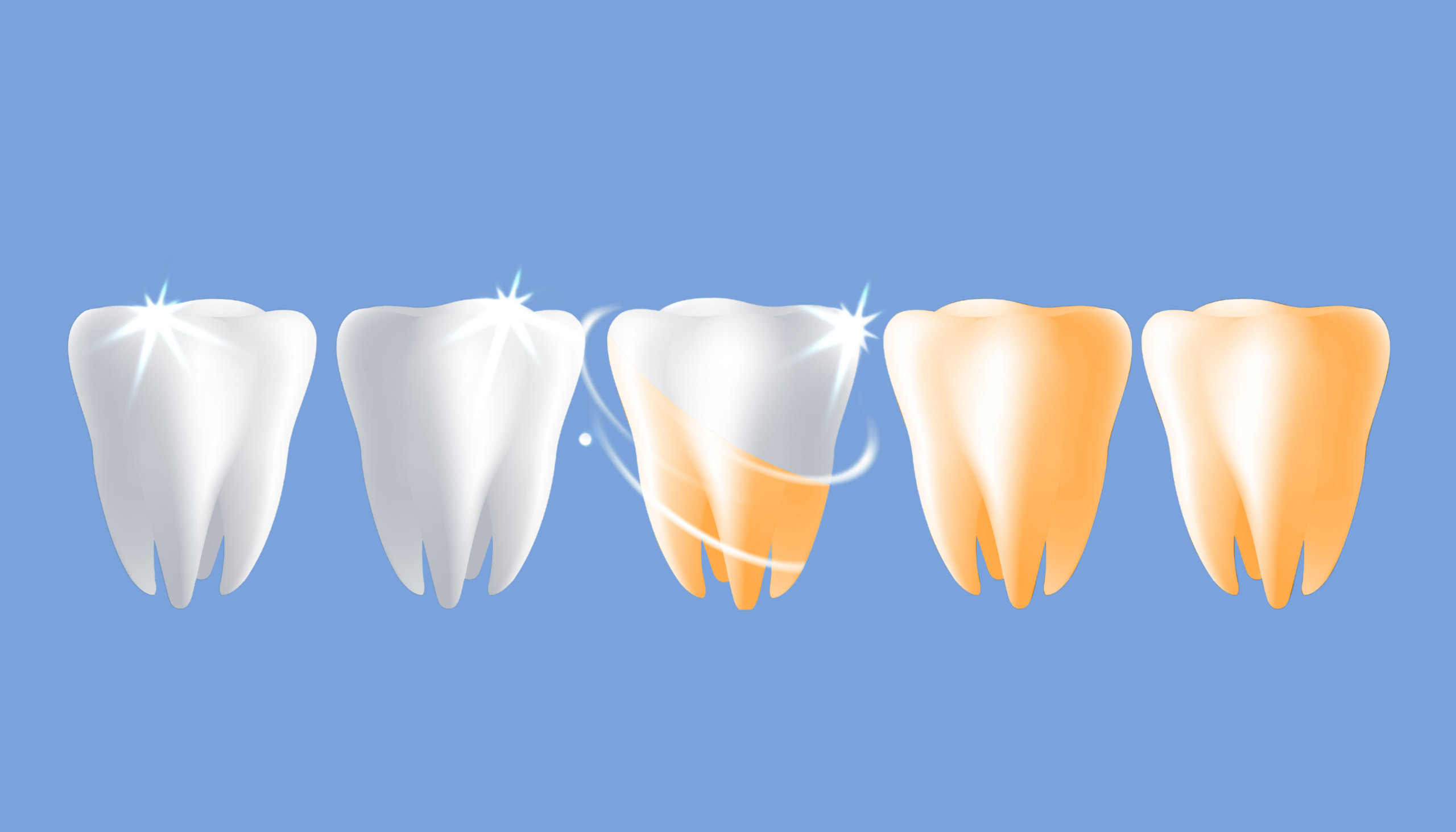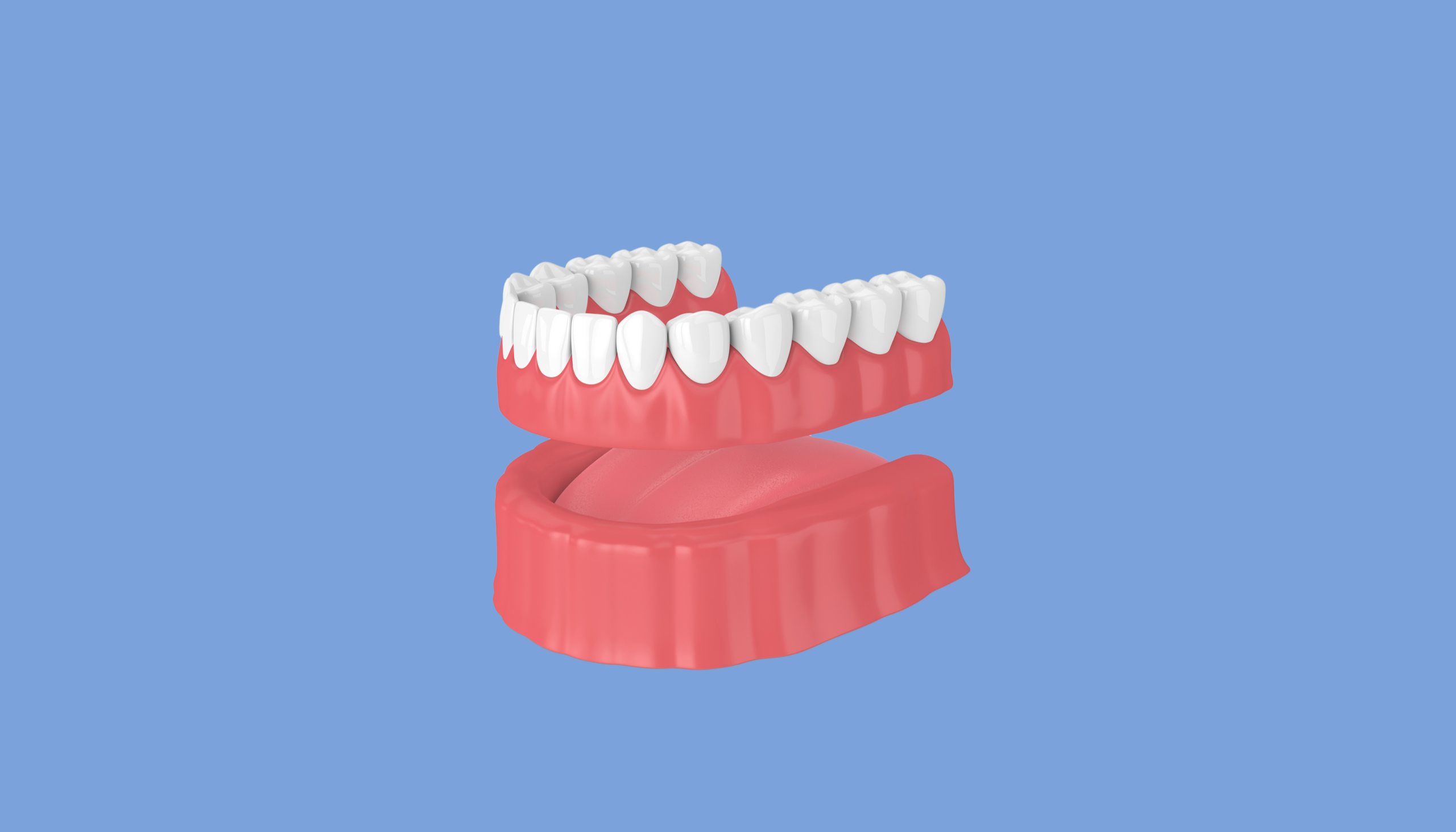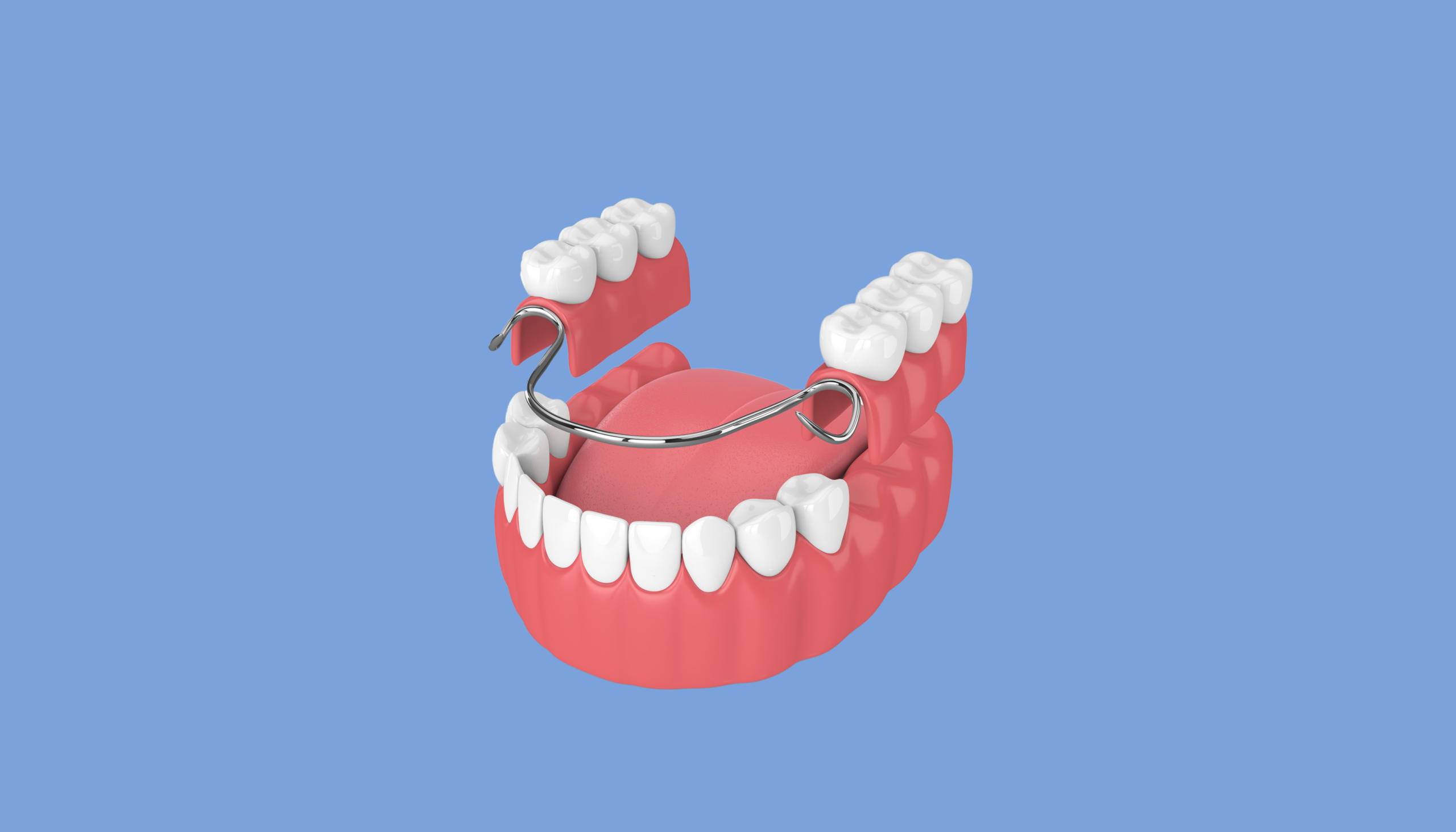Brightening and straightening
If you’re looking to brighten or straighten your smile, veneers, crowns or composite bonding are all options that can help without removing and replacing teeth that are perfectly healthy. If you’re just looking for a brighter and whiter smile, there are also two options for teeth whitening that your dentist can help with. Your dentist may also suggest orthodontic treatment in the form of Invisalign or braces if necessary or if you are looking to straighten your natural teeth.
Full tooth replacement
When it comes to tooth replacement, many choose to leave the empty space between their teeth if it is far enough back that people won’t notice. But what many are not aware of, is that missing teeth are not always cause for cosmetic treatments. Missing teeth can not only affect your appearance but also your ability to speak and eat normally, which can also have consequences for your health.
It’s important to remember that not all cosmetic treatments are suitable for everyone and depend on many underlying features such as surrounding tooth, bone, and gum health and your desired outcome. The Dentists at Pacific Smiles Dental may recommend one or more of the above treatments if you are looking to improve your teeth and smile or looking to replace missing teeth.
